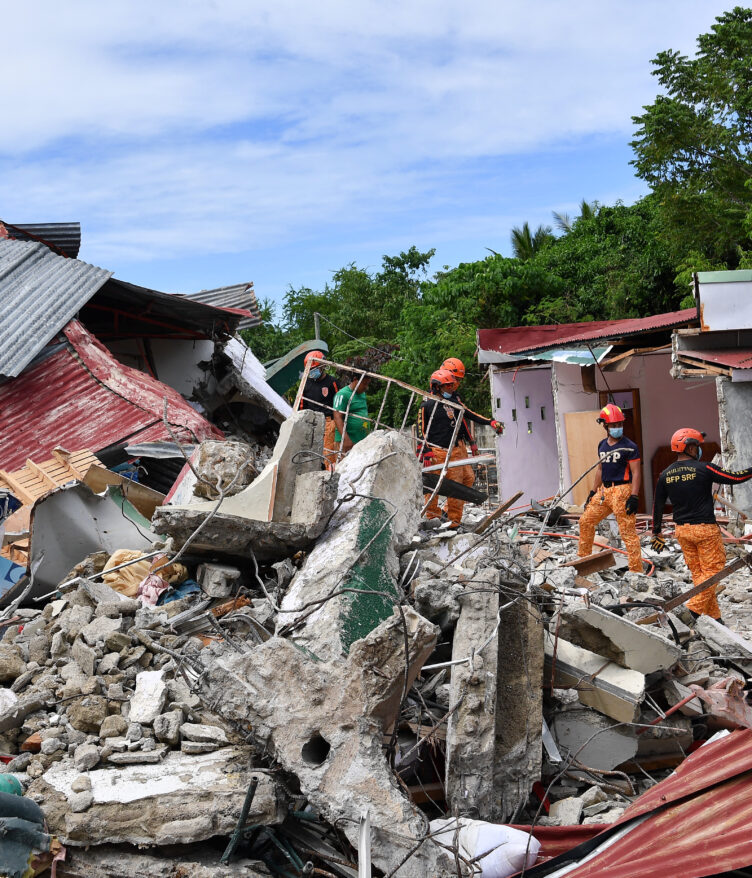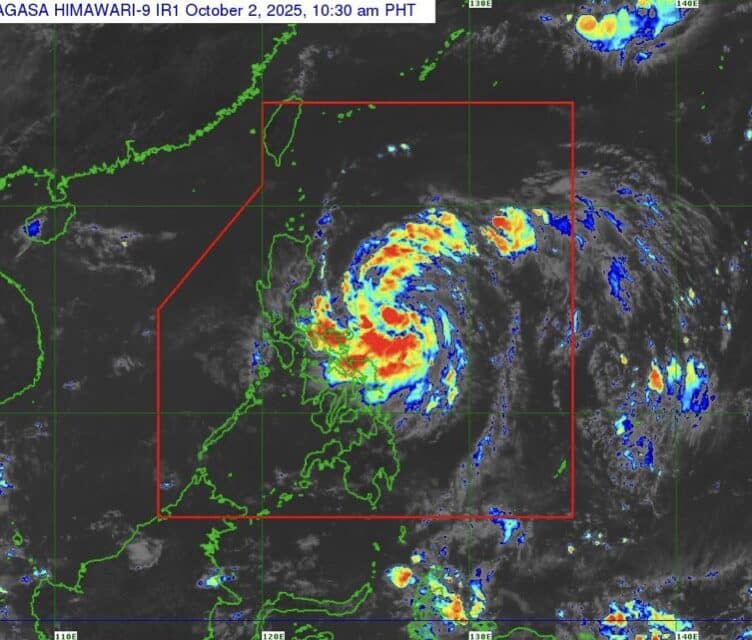The United Nations General Assembly on Wednesday, March 29, passed a resolution seeking the opinion of the International Court of Justice (ICJ) on the obligations of countries to address climate change.
Introduced by Vanuatu, the resolution was passed following “intense and engaged negotiations,” according to the Pacific island nation’s Prime Minister, Alatoi Ishmael Kalsakau.
“This is not a silver bullet, but it can make an important contribution to climate change, climate action, including by catalyzing much higher ambition under the (2015) Paris Agreement,” he added.
The historic Paris Agreement aims to reduce greenhouse gas emissions in order to keep the increase in global temperatures below two degrees Celsius.
UN Secretary General Antonio Guterres said that an opinion from the Hague-based ICJ, even if non-binding, “would assist the General Assembly, the UN, and member states to take the bolder and stronger climate action that our world so desperately needs.”
SUGGESTED STORIES:
Cebu earthquake death toll rises to 72 —NDRRMC
THE National Disaster Risk Reduction and Management Council (NDRRMC) said.
Gilas pool expands: Millora-Brown, Abarrientos, Kouame added
WITH THE 2027 FIBA World Cup Asian Qualifiers fast approaching.
Paolo develops into a tropical storm; slightly intensifies over PH Sea
STATE weather bureau PAGASA said that Paolo developed into a.
“Climate justice is both a moral imperative and a prerequisite for effective global #ClimateAction,” Guterres said on Twitter.
“The climate crisis can only be overcome through cooperation—between peoples, cultures, nations, [and] generations. Let’s work together to get the job done.”
In the Philippines, a survey by the Social Weather Stations last December found that nine in 10 Filipinos had experienced the impacts of climate change in the past three years.
Specifically, 17% of the 1,200 respondents said they had experienced severe impacts of climate change in the past three years; 52% indicated moderate impacts; and 24% indicated little impacts. Six percent of the respondents did not experience any impact.
The proportion of those who reported personally experiencing the impacts of climate change increased by 6 percentage points from March 2017 and by 8 points from March 2013.
How useful was this post?
Click on a star to rate it!
Average rating 0 / 5. Vote count: 0
No votes so far! Be the first to rate this post.
We are sorry that this post was not useful for you!
Let us improve this post!
Tell us how we can improve this post?








